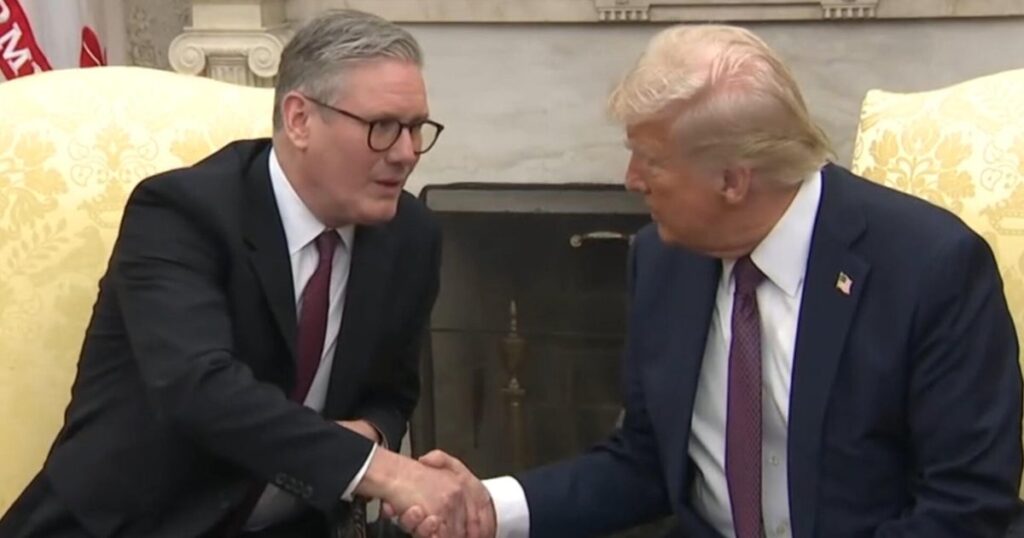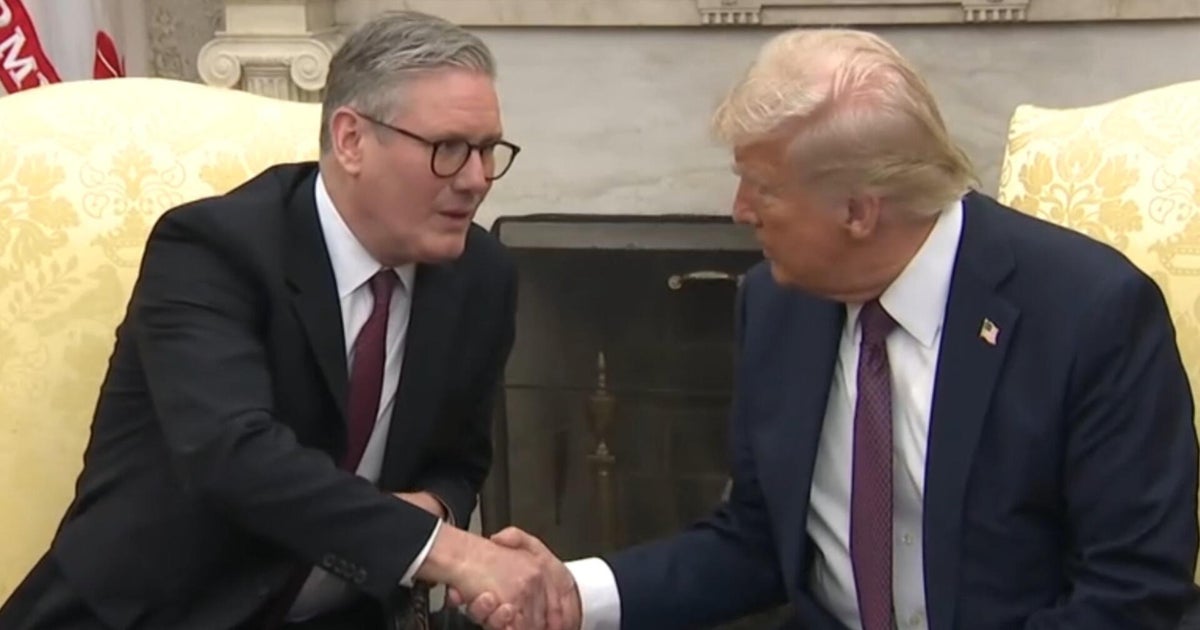Why the U.S-U.K. trade deal may not be as good as it sounds
Why the U.S-U.K. trade deal may not be as good as it sounds

President Trump says a new U.S. trade pact with the U.K. can serve as the basis for more trade deals. Economist say that could be a problem.
Read the full article on CBS Politics
Truth Analysis
Analysis Summary:
The article appears mostly accurate, with the core claim that a U.S.-U.K. trade deal might not be as beneficial as portrayed being supported by multiple sources. There's a slight negative slant towards the potential deal, highlighting potential problems and economist concerns. Some claims are not directly verifiable with the provided sources, requiring reliance on the general context provided by them.
Detailed Analysis:
- Claim:** President Trump says a new U.S. trade pact with the U.K. can serve as the basis for more trade deals.
- Verification Source #3: Supports the idea of a U.S. trade deal with Britain fueling optimism.
- Verification Source #4: Mentions Britain is set to be the first country to sign a trade deal with the U.S.
- Analysis:* The claim is supported by the sources, indicating the deal is happening and seen as a first step.
- Claim:** Economists say that could be a problem.
- Verification Source #1: Suggests the deal is complex and "all about the detail," implying potential issues.
- Verification Source #2: States the deal "may not be good news for the world," indicating negative economic consequences.
- Verification Source #4: Mentions the Fed sounding the alarm on tariff-induced stagflation, suggesting potential negative economic impacts related to trade deals.
- Analysis:* This claim is supported by the sources, which highlight potential negative consequences and complexities associated with the deal.
- Implicit Claim:** The deal may have negative economic consequences.
- Verification Source #2: Directly states the deal "may not be good news for the world."
- Verification Source #4: Mentions "tariff-induced stagflation," suggesting negative economic impacts.
- Analysis:* Supported by the sources.
Supporting Evidence/Contradictions:
- Verification Source #1: "A UK-US deal sounds good but it is all about the detail" - This suggests that the deal's benefits are not guaranteed and depend on specific terms.
- Verification Source #2: "Britain's trade deal with Trump may not be good news for the world" - This directly contradicts the idea that the deal is unequivocally positive.
- Verification Source #3: "World stocks hovered near their highest levels in six weeks on Friday after a U.S. trade deal with Britain fueled guarded optimism for progress" - This shows a positive market reaction, but the "guarded optimism" suggests caution.
- Verification Source #4: "CNBC Daily Open: Fed sounds the alarm on tariff-induced stagflation" - This highlights potential negative economic consequences associated with tariffs, which are relevant to trade deals.
- Verification Source #1: "British exports have been hit with tariffs by US despite having no trade deficit, but the UK may have some leverage." - This highlights potential issues with the trade relationship.

